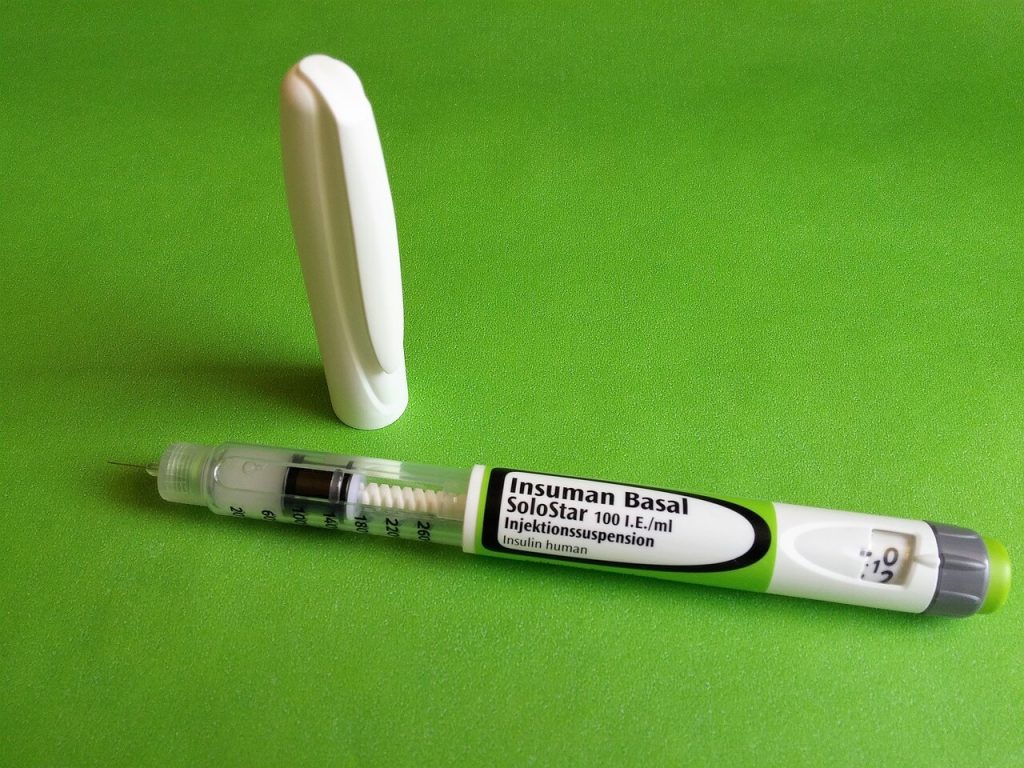What is it for?
And in most cases it disappears after child birth. In some women it may continue to stay after delivery. These women go on to develop diabetes type 2. There is 30-50% chance of getting type 2 diabetes later in life if you have had gestational diabetes. It is highly likely that you will have gestational diabetes in the next pregnancy as well if you had it once. Gestational diabetes is diagnosed in 18% of all pregnancies .





